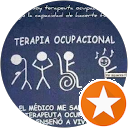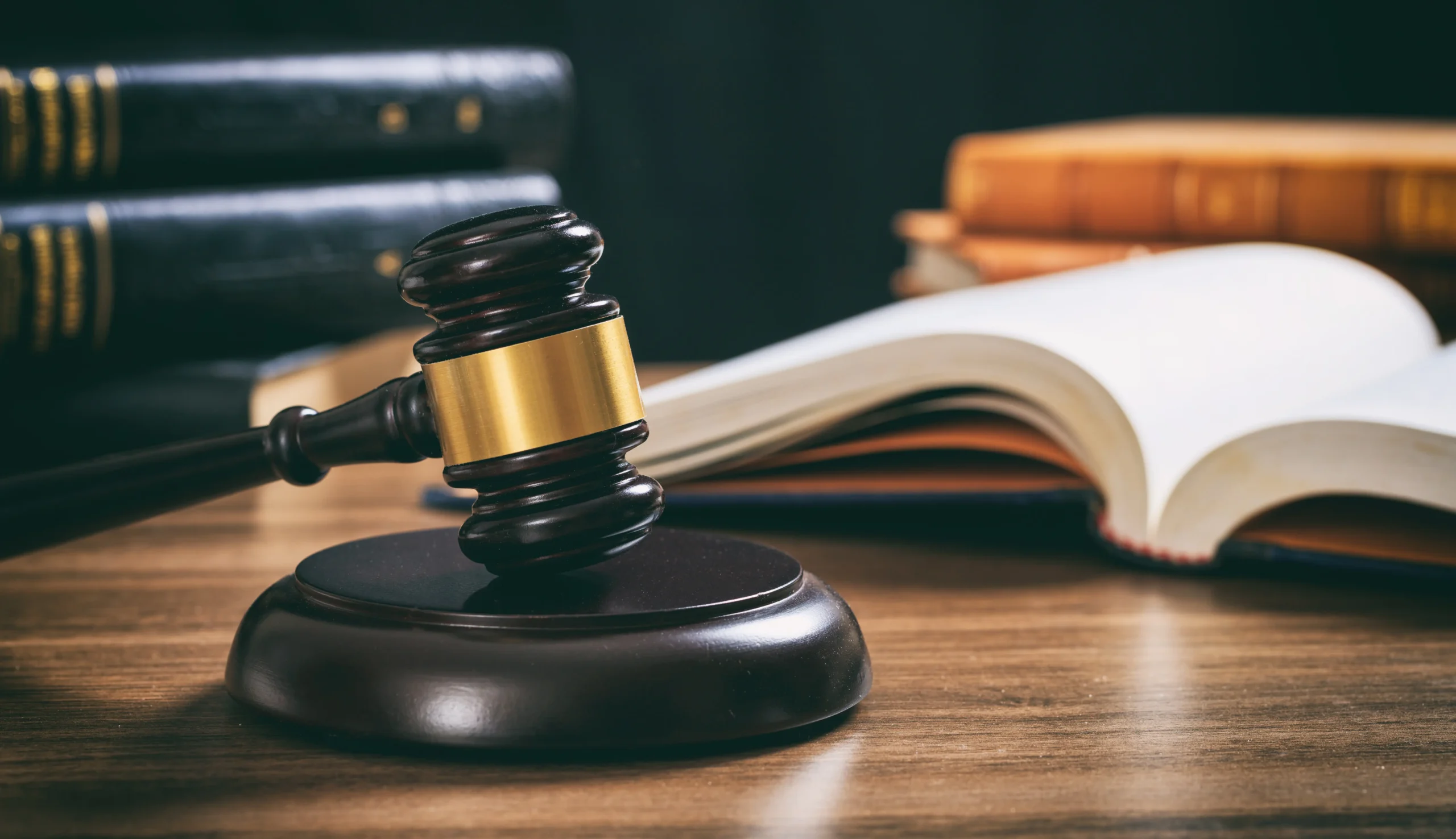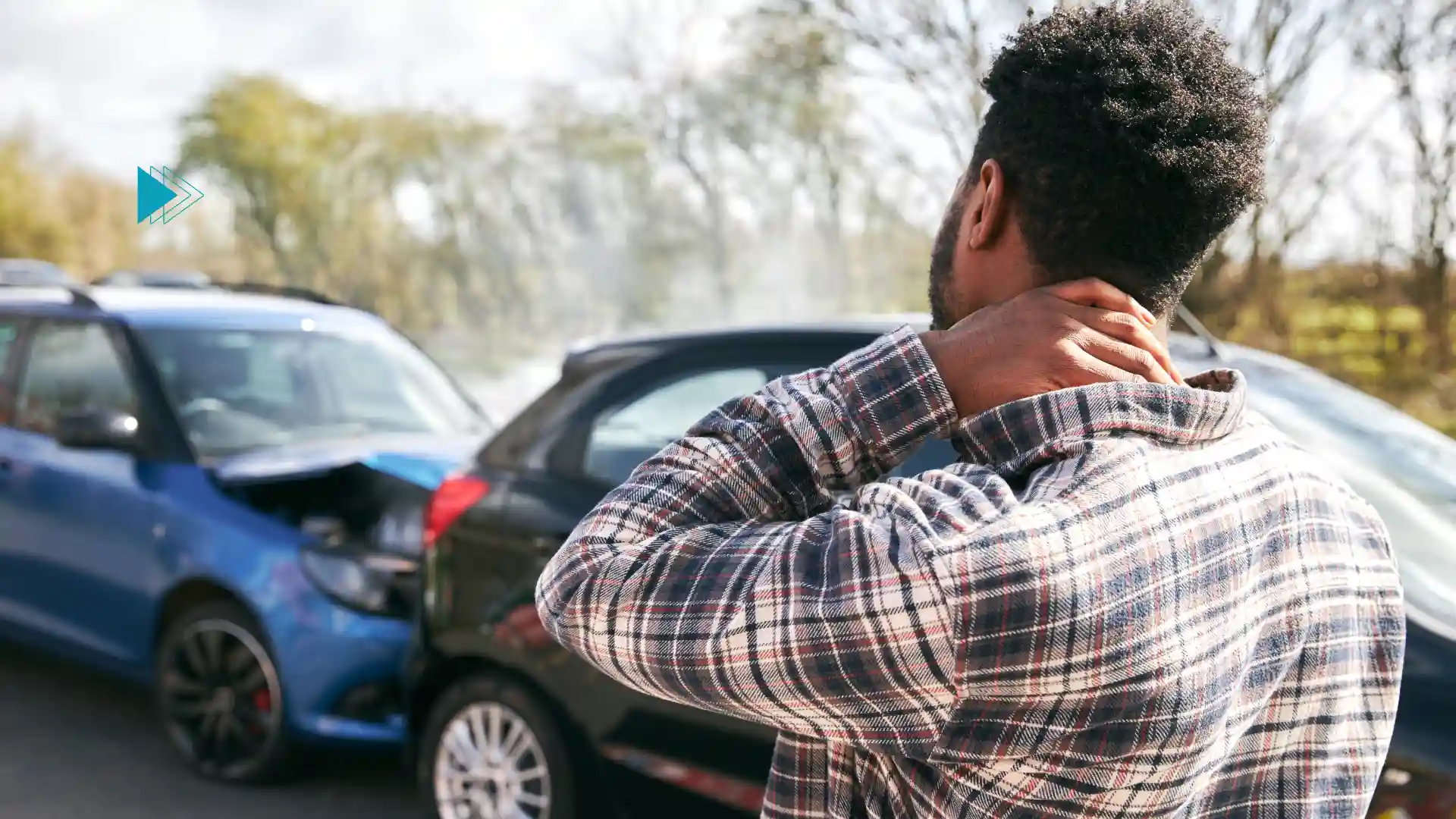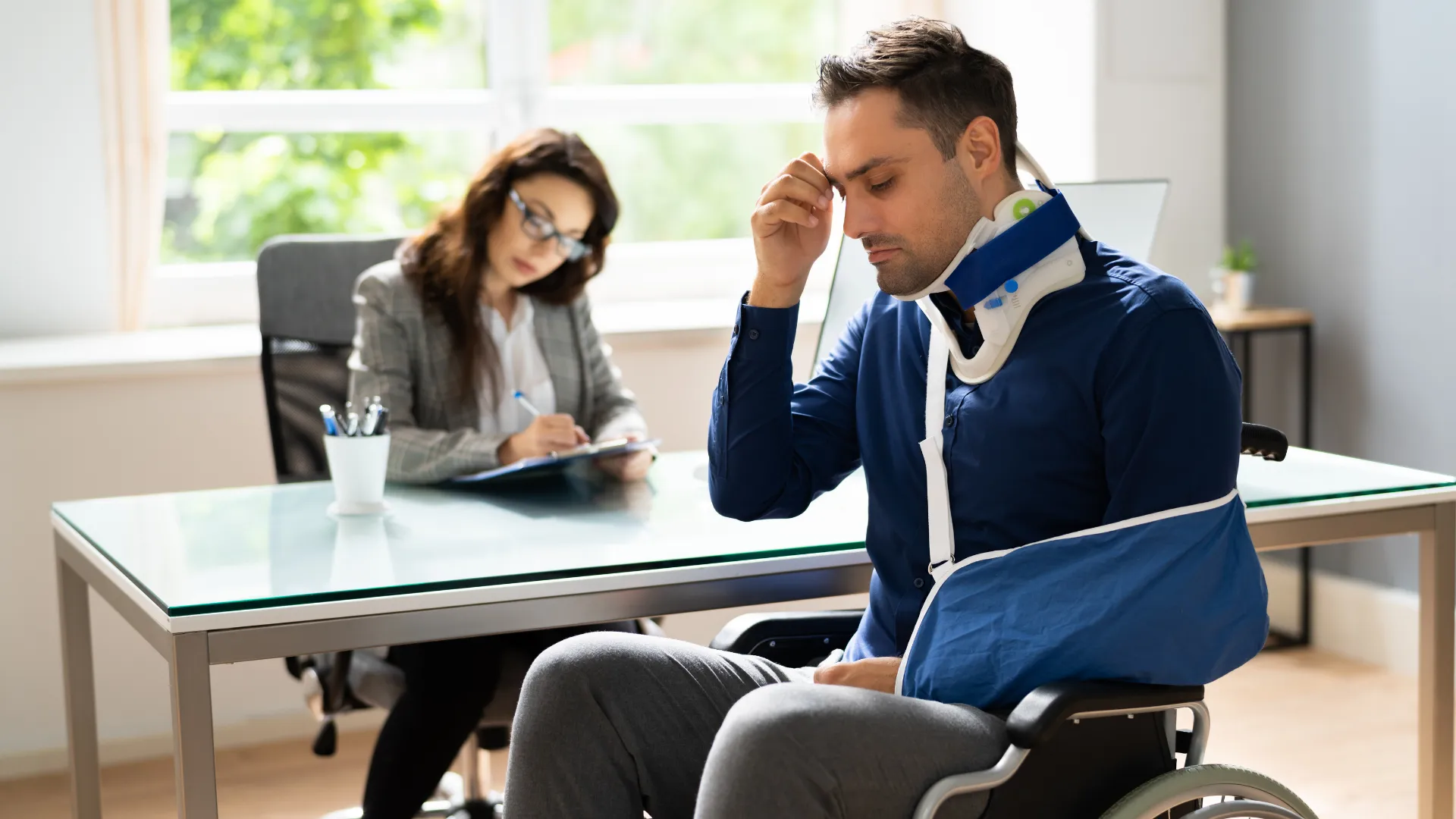A Brooklyn jury awarded Mr. Vargas $17.5 million for the City of New York’s violation of his civil rights for failing to provide him medical care while in custody. The jury found that the police officers involved failed to provide the necessary medical treatment and awarded $17.5 million to Mr. Vargas.
Recommended Articles
Categories
- Accidents
- After an Accident
- Compensation
- Firm News
- Insurance Claims
- Lawsuits
- New York Car Accident Resources
- New York Medical Malpractice Resources
- New York Motorcycle Accident Resources
- New York Nursing Home Injury & Abuse Resources
- New York Truck Accident Resources
- Personal Injury
- Workplace Injury
Practice Areas
Get A Free Case Evaluation
The Most Important Questions You Should Ask Witnesses After an Accident
After an accident, your first thought is likely not about how to best prepare yourself for potential legal action. However, the way you respond immediately after the accident can have a huge impact on your potential to collect compensation for injuries later on. After making sure your health is taken care of and calling the police, you should try to ask any witnesses at the accident scene a few important questions.
 An eyewitness can provide valuable evidence after an accident. Their statements to law enforcement officers or the insurance company might support your version of events or establish someone else is at fault for your injuries. Asking witnesses the right questions is essential to obtaining the information you need to strengthen your case. You must phrase each question correctly and avoid saying something that might skew your statements in the other party’s favor. You also don’t want to appear to be leading the witness to make statements in your favor.
An eyewitness can provide valuable evidence after an accident. Their statements to law enforcement officers or the insurance company might support your version of events or establish someone else is at fault for your injuries. Asking witnesses the right questions is essential to obtaining the information you need to strengthen your case. You must phrase each question correctly and avoid saying something that might skew your statements in the other party’s favor. You also don’t want to appear to be leading the witness to make statements in your favor.
Here are the questions you should ask eyewitnesses at the scene of an accident.
Can You Explain What Happened in Your Own Words?
Asking an eyewitness to tell you how the accident occurred in their own words can eliminate confusion about the details. Instead of asking pointed questions to steer them toward a story that matches yours, the question prompts them to discuss what they recall. In this way, you can discover whether their account matches yours and establishes a narrative.
Where Were You at the Time of the Accident?
You should always ask where the witness was when the accident happened. Sometimes, witnesses are directly next to the scene. Other times, they’re standing hundreds of feet away or behind something obstructing their view. Asking where they were allows you to determine whether they clearly saw what happened.
What Did You Do in the Aftermath of the Accident?
You could gain insight into the eyewitness’s perceptions about the severity of the incident. Asking them what they did immediately afterward will indicate what they think occurred.
If they thought it was a severe accident that probably caused injuries, they might have called 911 and rushed over to assist the victims. However, if they stayed in one place to watch what occurred next, it likely means they thought it was a minor incident.
Did You Hear Anyone’s Conversations After the Accident?
Sometimes, eyewitnesses hear comments or conversations that can benefit the accident victim’s claim. Asking what they heard other people say immediately after the incident might provide helpful information. For example, a witness might have heard the other person involved in the accident saying it was their fault.
Was Someone With You at the Time of the Incident?
You should ask the witness if someone else was with them when the accident occurred. That can lead to additional eyewitnesses who can provide statements to the insurance company or police. They might also be able to testify in court if you file a lawsuit. When multiple witnesses tell the same story, denying liability is more challenging.
Do You Know Anyone Involved in the Accident?
This question is crucial because it determines whether bias contributes to the witness’s statements. They might lie or exaggerate their story if they know the victim. Someone without any connection to the parties to the accident is more likely to provide an honest account of the events.
Where Were You Going When You Noticed the Accident?
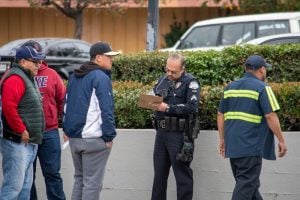 Asking the witness where they were going during the accident determines more than their direction of travel, whether walking or driving. It paints a picture of what they might have been doing when the incident occurred.
Asking the witness where they were going during the accident determines more than their direction of travel, whether walking or driving. It paints a picture of what they might have been doing when the incident occurred.
If a witness was rushing to work, worrying about being late might have distracted them from noticing the accident until after it had already happened. They might not have seen the events leading up to the incident or who might be responsible.
Can I Get Your Name and Phone Number?
Before leaving the accident scene, you must ask each witness for their name and contact information. You need a way of getting in touch with them for more information or directing the insurance company their way for a statement.
You should also confirm whether they are willing to provide a statement to the police or insurance carrier and testify on your behalf if you must take your case to court. Knowing you have someone to back up your claims about what happened is beneficial.
Contact Us
After an accident, it is always in your best interest to consult a personal injury lawyer. Even if you don’t have a case, it doesn’t cost you anything to get a professional opinion as most personal injury lawyers, including the attorneys of Harris, Keenan & Goldfarb, work on contingency – we never charge anything up-front.
Harris, Keenan & Goldfarb has represented New York clients since 1997. Our team of attorneys, investigators, paralegals, and experts work together on each case we take to achieve a favorable and exemplary result. We can pursue compensation for your injuries and advocate for you throughout your case.
If you sustained injuries in an accident that someone else caused, call 800-PAIN-LAW or dial #PAIN for a consultation today.
Over $500 Million in Verdicts and Settlements
Our track record showcases over $500 million won for our clients. Each victory underlines our commitment to justice and client care. Explore our impact, case by case.
What Our Clients Say About Us

Thank you so much for recovering my injury case from 9 years ago that was dead in the water since the company went bankrupt and there was nothing else to do. Miraculously, you resurrected my case and was able to get a settlement which completed for me the horrific accident and the suffering I endured because of it. HK&G makes miracles happen by getting the job done and seeing that justice is served. Thank you so much.
Susan C.
Jason Steinberg is a great lawyer Donna and Terry were always very professional and kind I will always highly suggest this law firm and team to anyone out their. Thank you again to everyone at this incredible Firm!!!
They got me Justice, and achieved a substantial outcome for my case.
I am very impressed, and thankful for their outstanding performance on my behalf.
I am very pleased, and significantly satisfied with their representation.
‐-
Sherylon Wilkins
6 years ago I had a slip and fall accident at my employers place of business. I reached out to them because I knew that I was being wrongfully treated. They took care of the case, restored my self confidence, and brought so much peace to my problem riddled life.
I can recommend without a shadow of a doubt the services of Harris, Keenan & Goldfarb to anyone who is in need of someone who will have your back!
Frequently Asked Questions
Common questions that prospective clients have about personal injury claims include:
Do I need an attorney?
When you have suffered an injury, it can be difficult to know what to do next. If the injury was caused by someone else’s negligence, you may be entitled to compensation. However, filing a personal injury claim can be a complex and time-consuming process. An experienced attorney can help you navigate the legal system and fight for the maximum possible compensation.
How do I know I have a case?
When should I contact an attorney?
How do I determine which one to choose?
Once I hire an attorney, what should I expect?
Recent News
Find out how to move forward after an unexpected event with our short, helpful articles. We share simple advice that can make a big difference in tough times.
Contact Us
Monday - Friday: 9am - 6pm





























